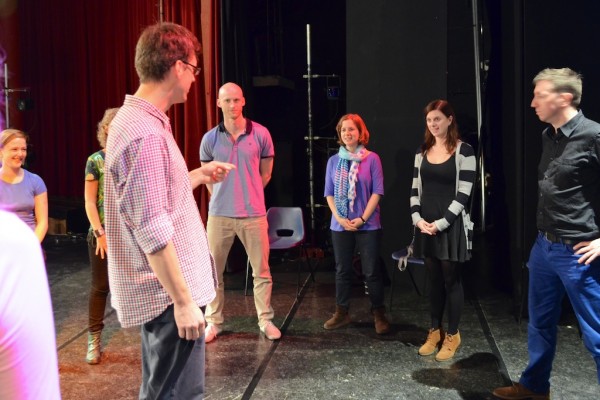
In the conclusion to their book, Jane Stokes and Marian McCormick wrote that they hope it makes you think “Hmmm…” – it certainly does.
As Jane and Marion designed the curriculum for a new postgraduate course in speech and language therapy they collected stories, and then wrote this book to add to the conversation about issues that underlie the SLT profession. The book has 10 chapters, 5 written by Jane and Marian, and 5 contributed by other people. It raises challenging questions and explicitly invites the reader to examine their professional beliefs. Continue reading




